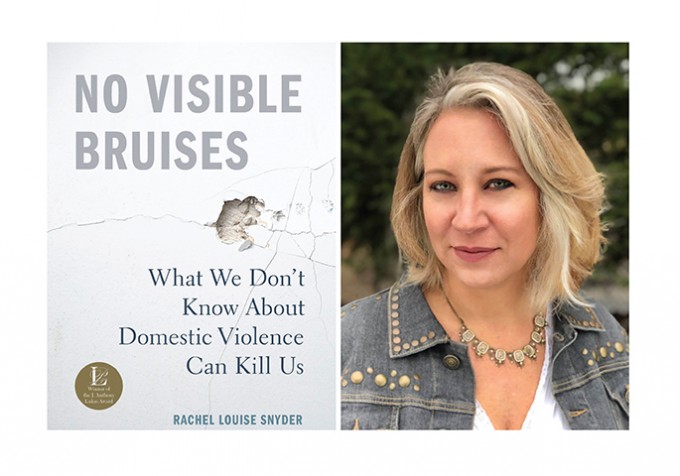Nursing Book Club
No Visible Bruises by Rachel Louise Snyder
A Study of Intimate Partner Violence

Statistically, the chances are we all know someone who has been touched some form of intimate partner violence (IPV). The numbers are staggering: In her new book, No Visible Bruises, author Rachel Louise Snyder tells us that between 2000 and 2006, about 3,200 American soldiers were killed. During the same period, according to the FBI, “domestic homicide claimed 10,600 lives” — a figure that, by the Bureau’s own admission, is likely an underestimate.
Looking at it in another way, 20 people in the United States are assaulted every minute by an intimate partner. How can this possibly be true? In No Visible Bruises, Snyder seeks to understand where IPV begins, how it escalates, whom it affects, how it can be predicted and what can be done to prevent it.
Divided into three major parts, the book begins with a familiar story we’ve probably all heard before: A young woman falls in love with a charismatic older man. He isolates her from her friends and family. They have children; she doesn’t work outside the home. First, there is emotional abuse, then physical. The court system is of minimal help. When she prepares to leave him, she’s at greatest risk. It’s all too clear what the ending will be.












